Little Known Facts About Smart Toilets in India - And Why They Matter
Throughout human history, infectious diseases have been a constant threat. We currently deal with this by developing vaccines, letting our immune systems fix the problem, or going to the clinic when the situations get out of hand. The viruses constantly adapt, adjust, and search for cracks in our immune systems to spread disease. As people's appetite for health-tracking devices has grown in recent years, there has also been an increase in interest in smart toilets.
It has been criticized that India lacks a good public toilet system and quite often, when we think of Indian public sanitation, we usually associate it with disgust, filth, and sloppy conditions. Probably all of us have, at one point, been put in a situation like this, and we should have made a promise to ourselves that we would never put our bodies through unsanitary and appalling experiences again, don't you think?
Generally speaking, in India, public toilet facilities for men and women are untidy and unsanitary, but because women have to use such facilities physically, it is a greater health and safety hazard for women.
Public toilets in India are in poor shape not just due to lack of standard hygiene practices, but also because there is a lack of awareness about proper sanitation practices.
Therefore, Nest-In offers a range of fully automated modular toilets called Smart EzyNest that provide complete sanitation solutions to the masses.
With society's constantly changing needs, there is a need for positive changes in every sector, especially in the health and hygiene sector. In modern times, sanitation is a necessity that is indispensable to the public's wellbeing, and since urban architecture is continually changing, better sanitation has become a constant need in India.
Urban streetscaping elements have been incorporated into toilets' design to create an aesthetic yet distinctive appearance to make the masses aware of the new technology used. A unique design & aesthetically pleasing aesthetic makes these toilets suitable for modern requirements. In addition to offering male and female toilets through EzyNest sanitation solution, our automated solution Smart EzyNest is also available to the government authorities looking for an alternative to manually operated toilets. Also, to improve the aesthetic appearance, ensure long life, and provide vandalism resistance- stainless steel as well as galvanized iron have been extensively used in the making of the interiors.
Facts Check with Nest-In: Know More About Smart EzyNest
-
One-Stop Turnkey Sanitation Solutions:
These automated solutions are coin/smart card operated where the doors open through a coin drop or a card swipe, with a clear occupancy indicator and differently-abled friendly modular design, they are easy to maintained and IoT enabled.
Among the many resources, India is facing a massive scarcity of water resources. Water has been a huge problem in many parts of the world for a very long time, and people have been facing this crisis for quite some time. We often overlook the amount of water wastage, particularly in toilets, but a significant reduction in water wastage has been observed with the launch of smart toilets. These toilets use only the required amount of water for every flush and floor sanitation, which, when compared to a regular toilet, is usually an issue. Smart toilets are thus a brilliant addition and a one-stop turnkey solution for serving the Indian mass.
-
Online Control & Monitoring:
The smart toilets come with inbuilt IoT Systems that transmit data like the usage, cleaning indications, sensor status to a remote computer. Our Smart EzyNest sanitation solution offers such a system of monitoring through the web interface so that supervisors/municipal authorities can ensure proper operations of such advanced toilets.
Other features of a smart toilet include a switch on and off system to prevent unwanted usage of the toilets.
The smart toilets have also been accompanied by a free downloadable mobile application that lets people locate nearby toilets and report any problems. Through the app, people can also make suggestions or complaints.
-
Strong Stainless Steel Floor Design:
The floor of smart toilets features a unique two-layer design, with the superior grade stainless steel layer providing easy clean-up. The bottom layer of the floor is for ventilation purposes and also has a slant for draining wastewater.
Periodic automated spray power cleaning of walls and floors at pre-fixed intervals is another unique feature of smart toilets, that solves the problem of manually cleaning them periodically.
This rational floor design is thus, not only visually pleasing for a user but also is a solution to the problem of stained flooring which is quite common to the traditional mass toilets.
-
Smart Toilets are Environment Friendly:
With smart toilets, toxins put into the environment are substantially reduced due to their quick clean-up capacity. Since smart toilets come equipped with automatic jet sprays/ sensor hand faucets, they significantly reduce the wastage of excess water and toilet paper. Each time a toilet is used, enormous amounts of toxic waste, toilet paper, and plastic are dumped into the environment, which is why smart toilets prevent patrons from having to use toilet paper to clean up, and if they do, the amount they use will be considerably less than usual.
As a result, by installing these smart toilets, India can observe a significant reduction in the wastage of such resources, and in this way, a smart toilet helps maintain and preserve the balance of nature.
-
Aesthetic & Robust Structure:
The exteriors are aesthetic and they come with a coating of ACP/PUF Panels that prevent the panels from dust and rust. On entering the inside, the toilet gets illuminated automatically. Furthermore, there is also scope for installing of solar panels (since the toilets are fully automated), aromatic dispensers, space for audio/video system advertising, and napkin vending systems. Smart EzyNest was launched in 2018 and it has proved to be very successful.
Have a look at one of our successful launches of Smart EzyNest:
Conclusion: Are Smart Toilets Worth the Investment?
The benefits of smart toilets are undeniably worth the investment, not just by individuals but also by governments. In today's time and age, where there is a need for newer, more innovative, and increasingly smarter solutions, Nest-In is at the forefront of prefabricated construction in India and strives to offer attractive and affordable complete turnkey sustainable solutions.
We at Nest-in envision a progressive India and are proud to offer a smart sanitation solution that solves a basic yet major problem of proper sanitation.
Intrigued? Click here for a detailed video about Smart EzyNest.
Posted in EzyNest, MobiNest, Smart EzyNest on Oct 08, 2021.
Contact us
Recent Post
Nest-In's Prefab Technology: The Beacon of a Sustainable Future in Construction
The Growth of Prefab Medical Infrastructure with Nest-In’s Prefab Solutions
Build What You Envision with Prefab Construction
Revolutionising India’s Infrastructure with Prefab Construction
Delivering a Fully Customised Modular Boardroom for a Top Jamshedpur Manufacturer
Category
- Nest-In 33
- HabiNest 52
- MobiNest 134
- Nestudio 27
- EzyNest 19
- Smart EzyNest 5
- ChargeNest 6
- Covid Offerings 4
- Brand 10






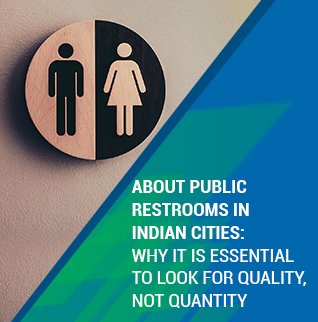


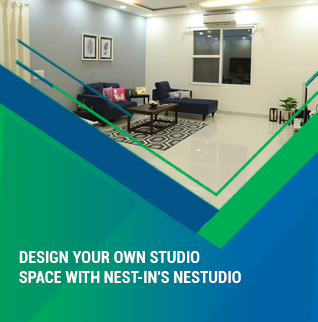
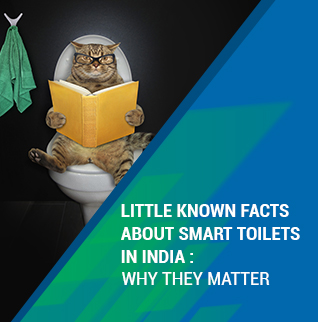



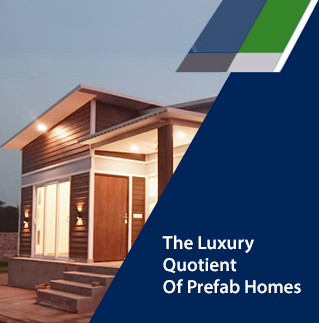
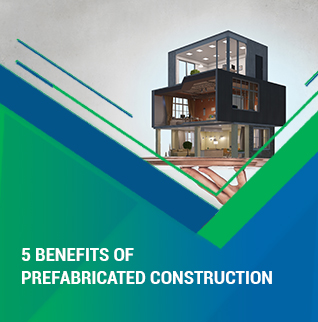
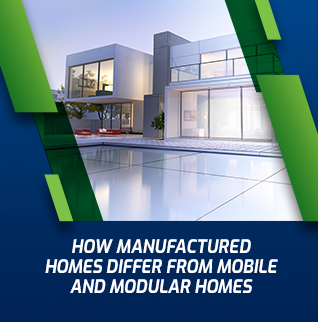
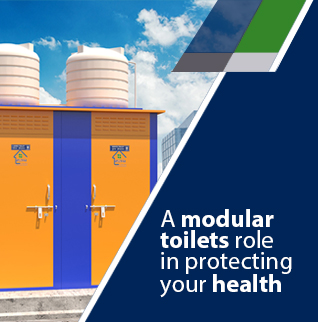

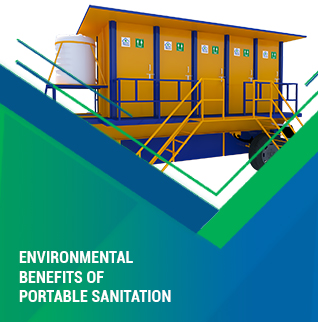

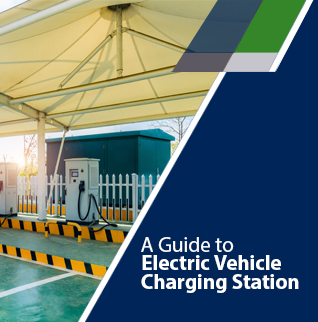
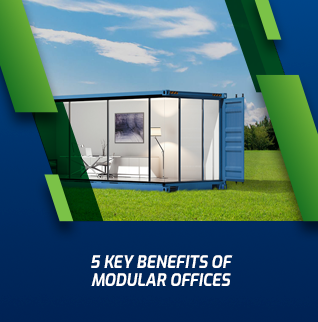
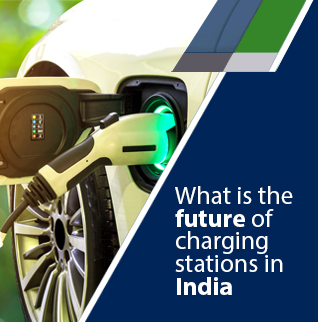
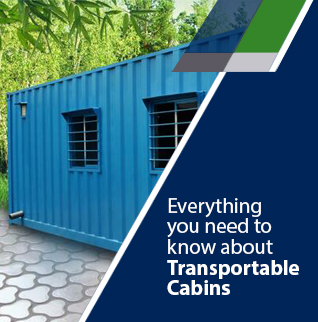
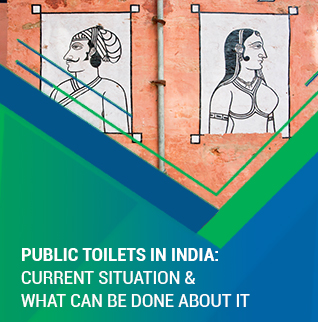
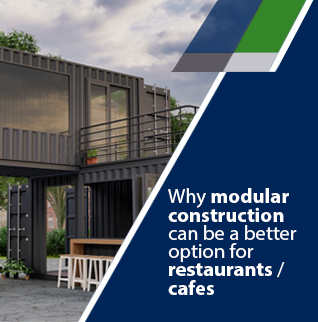

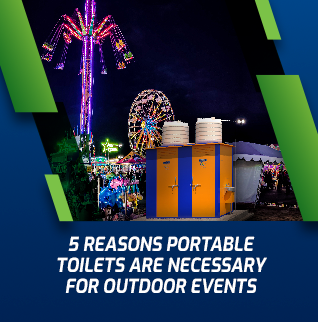


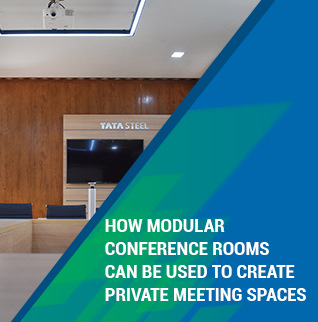
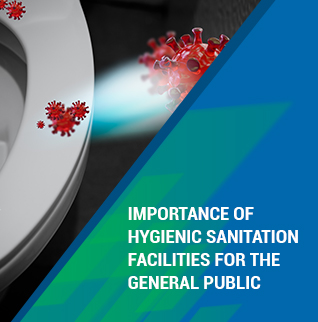
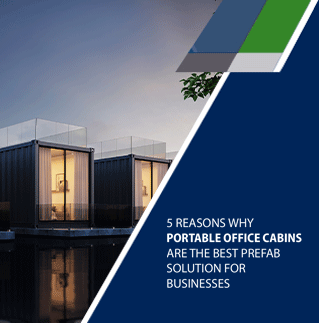

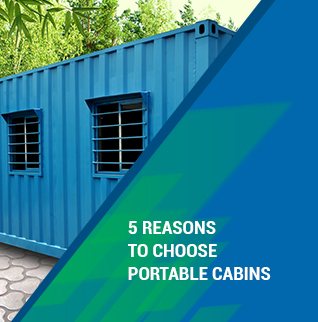




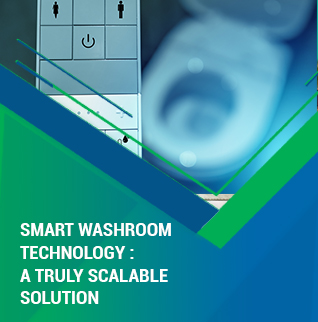


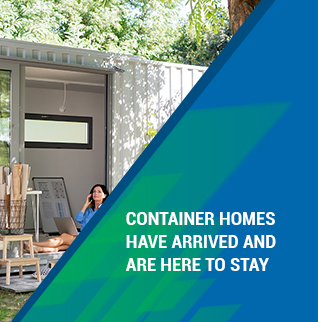





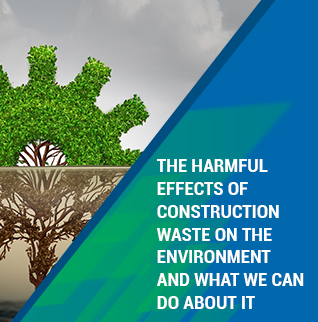
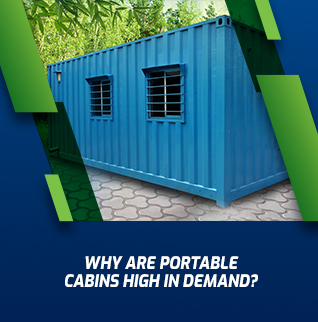








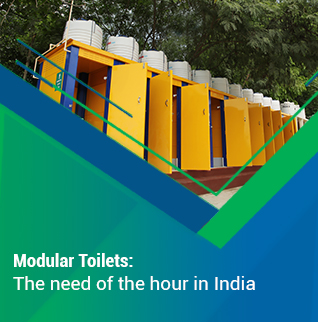
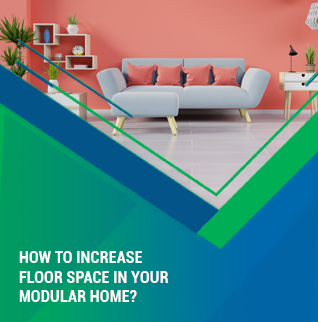





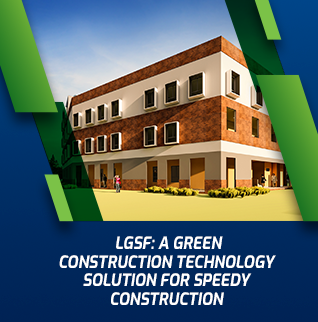
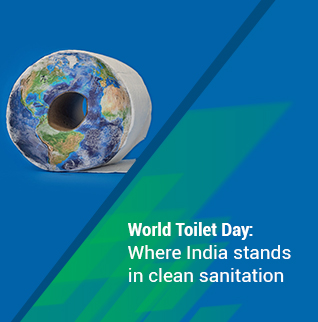

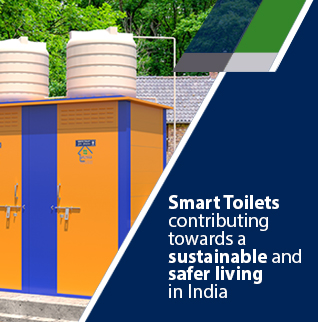
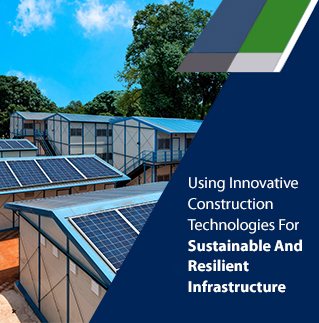
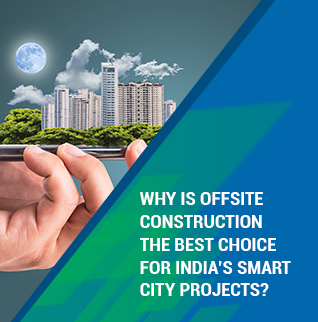


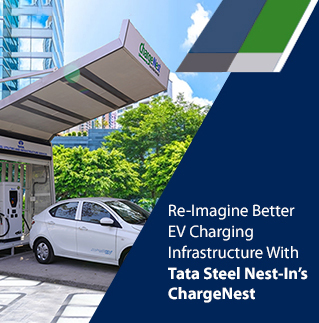
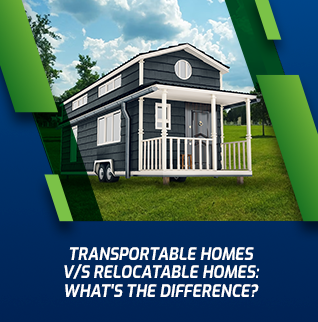


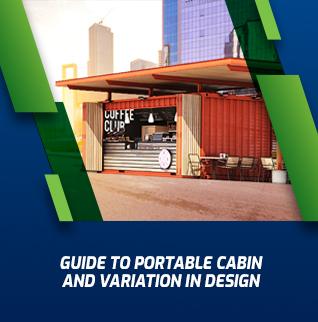

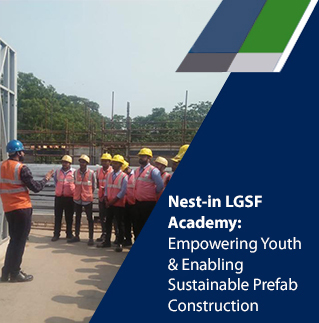



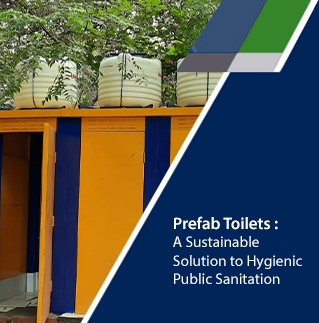
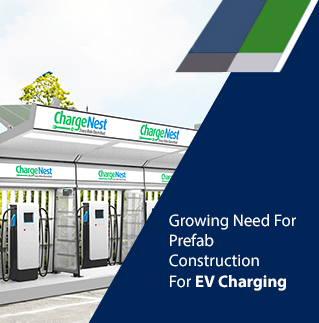
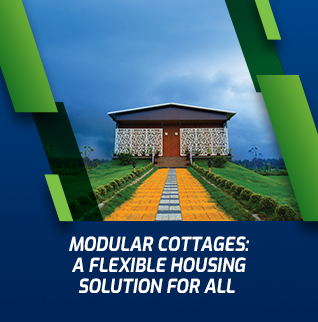







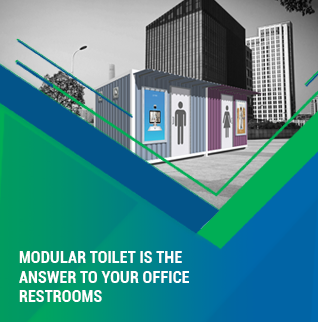
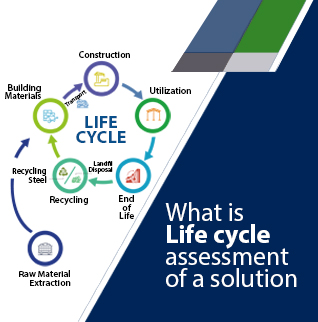

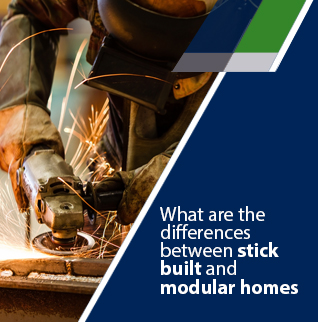
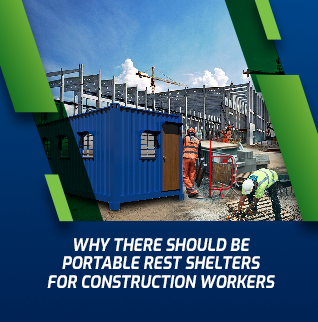



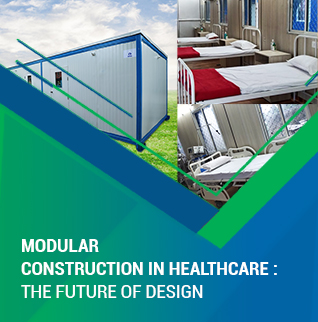



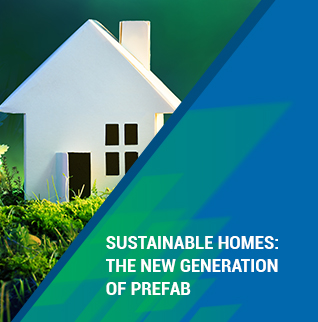
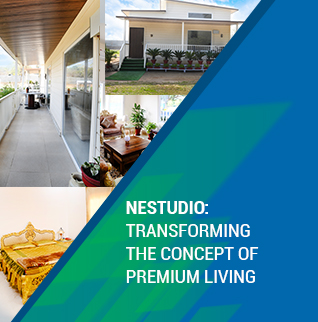
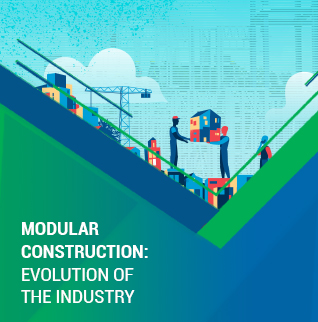



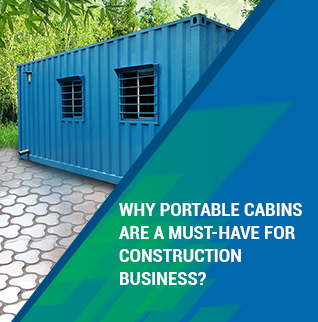


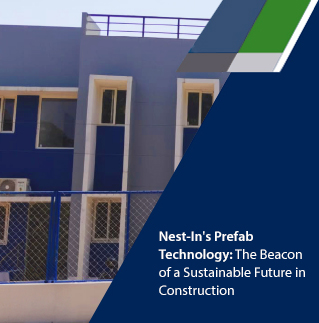


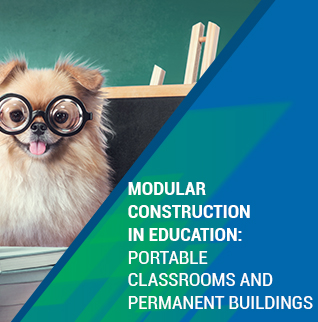

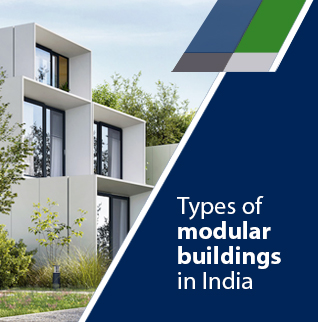

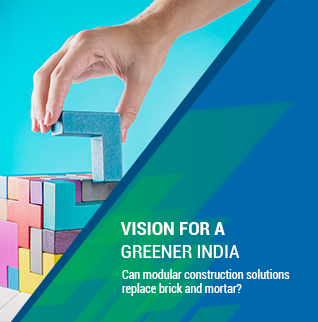


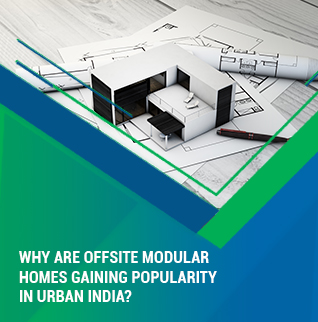


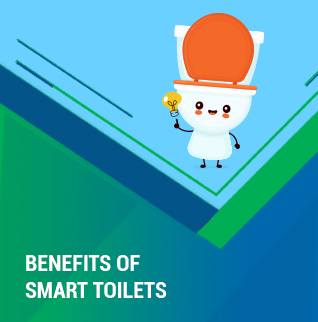

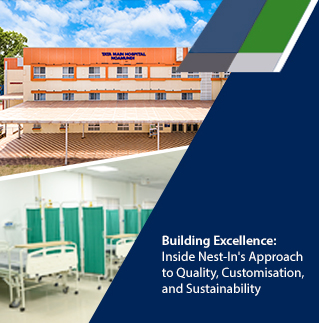
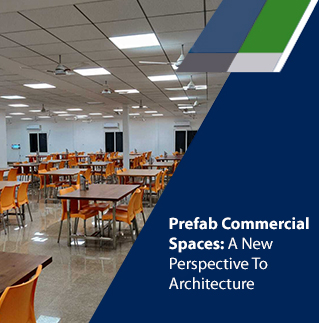

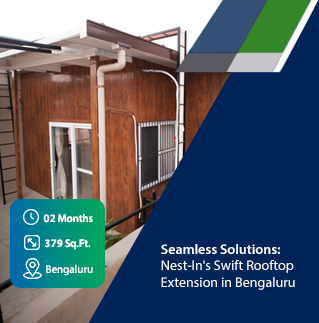
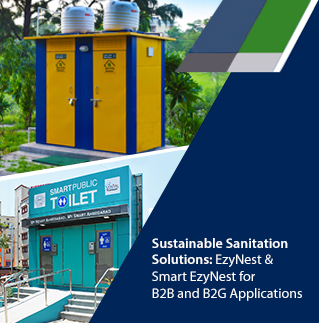



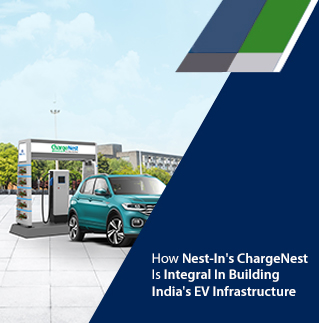
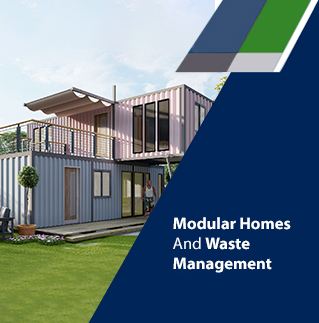
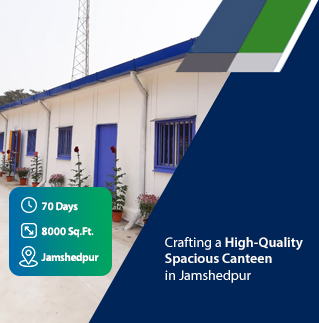
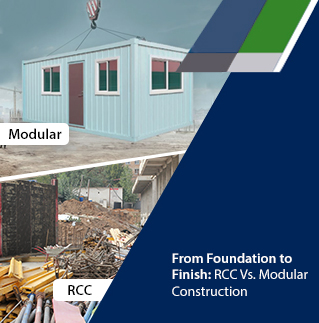

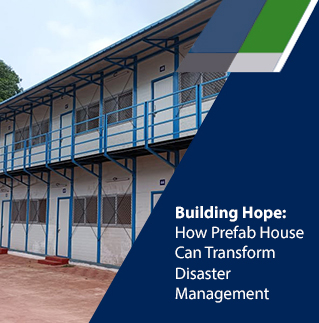
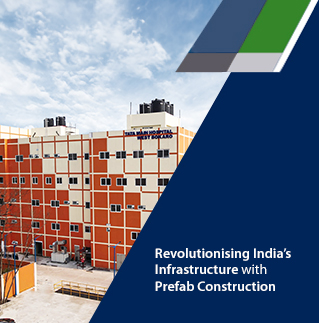

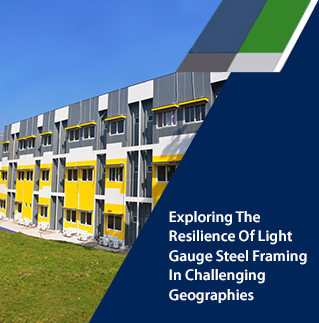

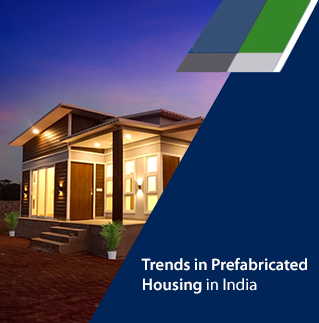

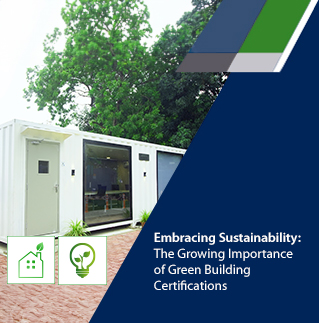
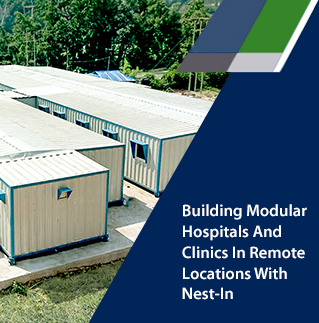



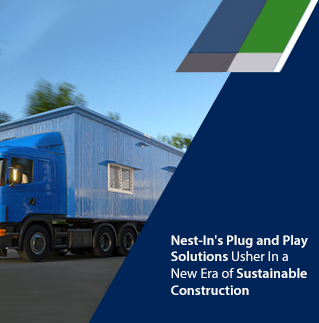

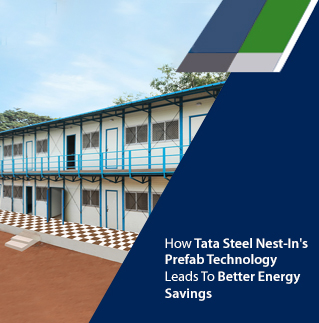
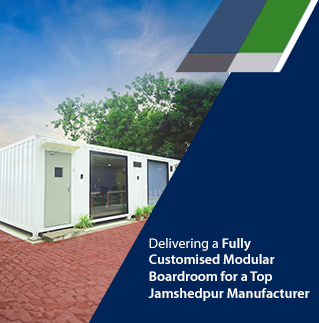




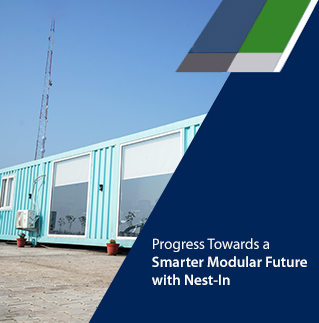
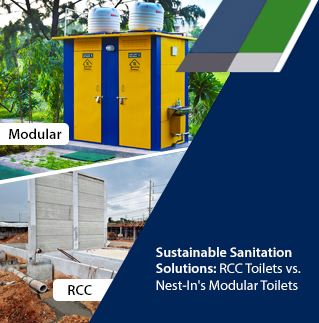
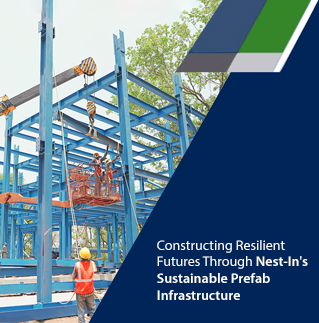


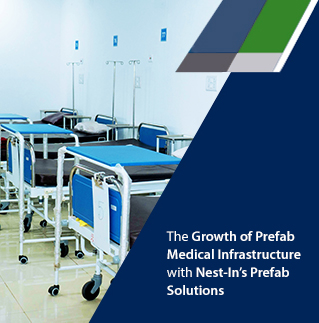
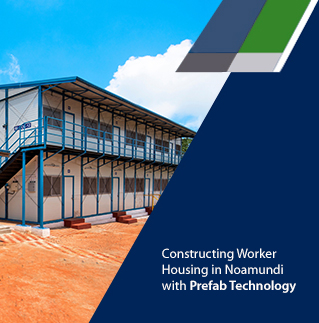
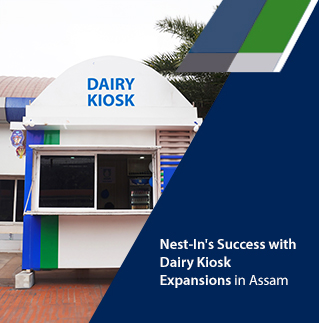
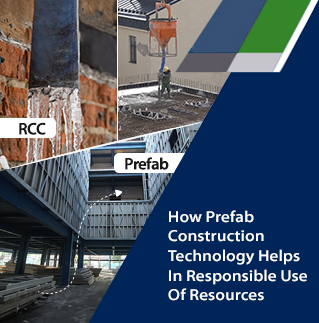

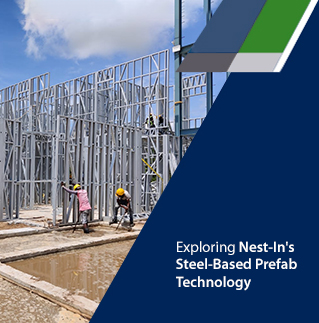


2 comments
Add comment